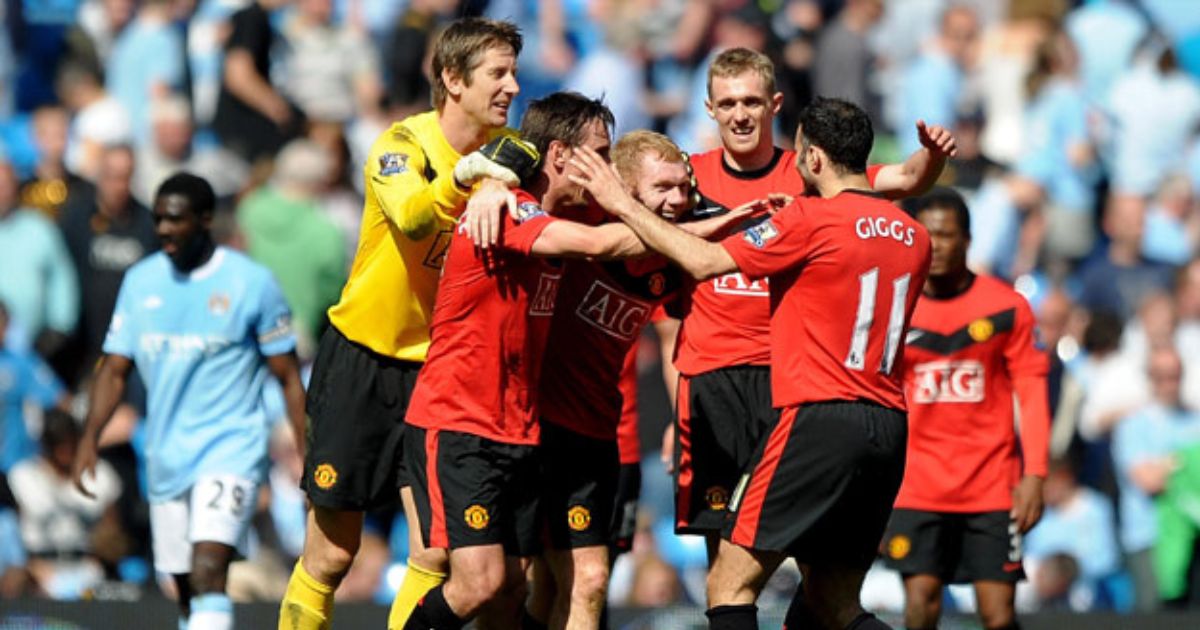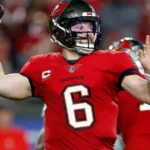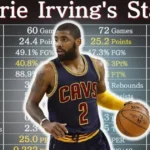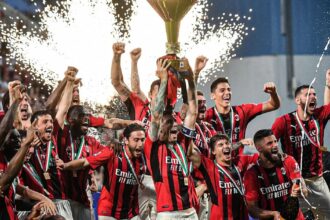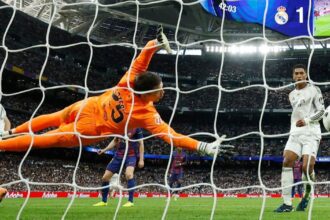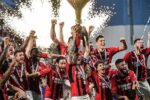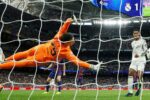Football today is not only about sporting triumphs—it is also a global financial competition. Clubs are judged not just by the trophies they lift but by their financial stability, revenues, and market reach. Financial power allows teams to buy elite players, expand facilities, and strengthen their global brand.
Within this context, Manchester United stands tall. Despite ups and downs on the pitch, the club has consistently ranked among the world’s wealthiest football institutions. To understand why Manchester United is considered one of the richest football clubs, we must examine its diverse revenue streams, business strategies, and future challenges.
Financial Power in Modern Football
Modern football is a billion-dollar industry. Revenue streams range from matchday tickets to broadcasting rights and commercial deals. Financial Fair Play regulations and global sponsorships have pushed clubs to innovate and maximize every opportunity.
The biggest clubs—Real Madrid, Barcelona, Bayern Munich, and Manchester United—set the gold standard. They dominate financial reports published annually by Deloitte and Forbes, showing how off-pitch strategy is as important as on-pitch results. Manchester United’s consistent ranking in the top tier of these lists proves the factual proposition: strong financial structures equal long-term dominance.
Manchester United’s Revenue Streams
United’s wealth does not come from a single source. Instead, it reflects the combination of multiple revenue streams:
- Matchday income: Ticket sales and hospitality at Old Trafford.
- Broadcasting rights: Premier League, Champions League, and international coverage.
- Commercial deals: Sponsorships, merchandise, and global partnerships.
- Player trading: Transfers that enhance brand value and generate profits.
The cause-and-effect dynamic is clear: diverse revenue streams create financial resilience, allowing Manchester United to thrive even when results on the pitch are inconsistent.
Matchday Income and Stadium Revenue
Old Trafford, famously known as the “Theatre of Dreams,” is more than a stadium—it is a financial engine.
- With a capacity of over 74,000 seats, it is the largest club stadium in England.
- Matchday revenues can surpass £100 million annually during successful seasons.
- Hospitality packages, VIP lounges, and stadium tours add additional income.
Sequentially, ticket sales, hospitality, and matchday experiences place United among the leaders in stadium revenue worldwide. These funds support not only transfers but also global marketing initiatives.
Broadcasting Rights and Media Deals
Broadcasting is another pillar of United’s financial power.
- The Premier League’s global reach ensures every club benefits, but United earns more due to frequent live coverage.
- In the 2019/20 season, United earned approximately £140 million from broadcasting alone.
- UEFA competitions, especially the Champions League, further boost media-related income.
Statistical evidence confirms broadcasting is not just a revenue stream but also a brand amplifier. More televised games mean more global exposure, strengthening United’s value in sponsorship markets.
Sponsorships with Global Brands
One of the defining reasons behind Manchester United’s wealth is its ability to attract elite global sponsors.
- Adidas: A 10-year, £750 million kit deal signed in 2015.
- Chevrolet: Shirt sponsor from 2014–2021, worth over £50 million per season.
- TeamViewer: Current shirt sponsor, reflecting the digital era.
These partnerships are not limited to cash inflows. They amplify the club’s brand across industries and geographies. For example, Chevrolet leveraged United’s Asian fan base, while Adidas continues to dominate merchandise sales worldwide.
The knowledge domain intersection between business and sport is clear. Sponsorships unite corporations and fans, much like entertainment platforms such as ufabet168เครดิตฟรี, where communities form around both value and engagement.
Commercial Growth in International Markets
Manchester United’s ability to expand commercially into international markets has been unmatched.
- Asia: Home to millions of fans, where pre-season tours sell out massive stadiums.
- United States: Summer tours and partnerships with American brands like Chevrolet.
- Middle East and Africa: Targeted sponsorships with airlines, banks, and telecoms.
This commercial strategy highlights related attributes: by tailoring campaigns to each market, United maximizes global fan engagement. It is not just about selling tickets but embedding the brand into everyday life worldwide.
Player Transfers and Brand Value
Transfers are often seen purely as sporting investments, but for Manchester United, they are also brand decisions.
- David Beckham: His global appeal elevated shirt sales and international recognition.
- Cristiano Ronaldo: Both in his first and second spells, Ronaldo generated record-breaking merchandise revenue.
- Paul Pogba: His 2016 return sparked social media campaigns that boosted United’s commercial reach.
The cause-and-effect pattern is obvious: big-name players increase global visibility, which drives merchandise, sponsorships, and long-term financial growth.
Challenges of Sustaining Wealth
Despite being one of the richest clubs, Manchester United faces financial challenges.
- Debt: The Glazer family’s leveraged takeover left the club with hundreds of millions in liabilities.
- High wages: Player salaries, sometimes exceeding £350,000 per week, strain the budget.
- Inconsistent performances: Lack of trophies can reduce broadcasting bonuses and dampen merchandise enthusiasm.
The sentiment system among fans reflects frustration—many believe the club prioritizes commercial growth over sporting success. Managing perception is as important as managing debt.
The Future of Manchester United’s Financial Dominance
Looking forward, Manchester United will continue to rely on diverse revenue streams, but adaptation is crucial. Future opportunities include:
- Digital engagement: NFTs, metaverse fan experiences, and streaming services.
- Sustainable partnerships: Collaborating with eco-friendly and socially responsible brands.
- Stadium redevelopment: Expanding Old Trafford to increase matchday capacity.
The legacy of United’s financial dominance is secure, but maintaining leadership requires innovation. Just as fans enjoy modern entertainment experiences like แทงบอลออนไลน์, the club must merge tradition with technology to remain a global financial powerhouse.
Conclusion: Why Manchester United Is Among the Richest
From record-breaking sponsorships to matchday income at Old Trafford, from lucrative broadcasting rights to global fan-driven commercial growth, Manchester United remains one of the wealthiest clubs in the world.
- Diverse revenue streams provide stability.
- Global sponsorships align the club with household brands.
- Iconic players drive shirt sales and brand expansion.
Challenges exist, particularly debt and inconsistent on-field success, but the foundation is solid. Ultimately, Manchester United’s position as one of the richest football clubs is the product of strategy, history, and an unrivaled global fan base.

